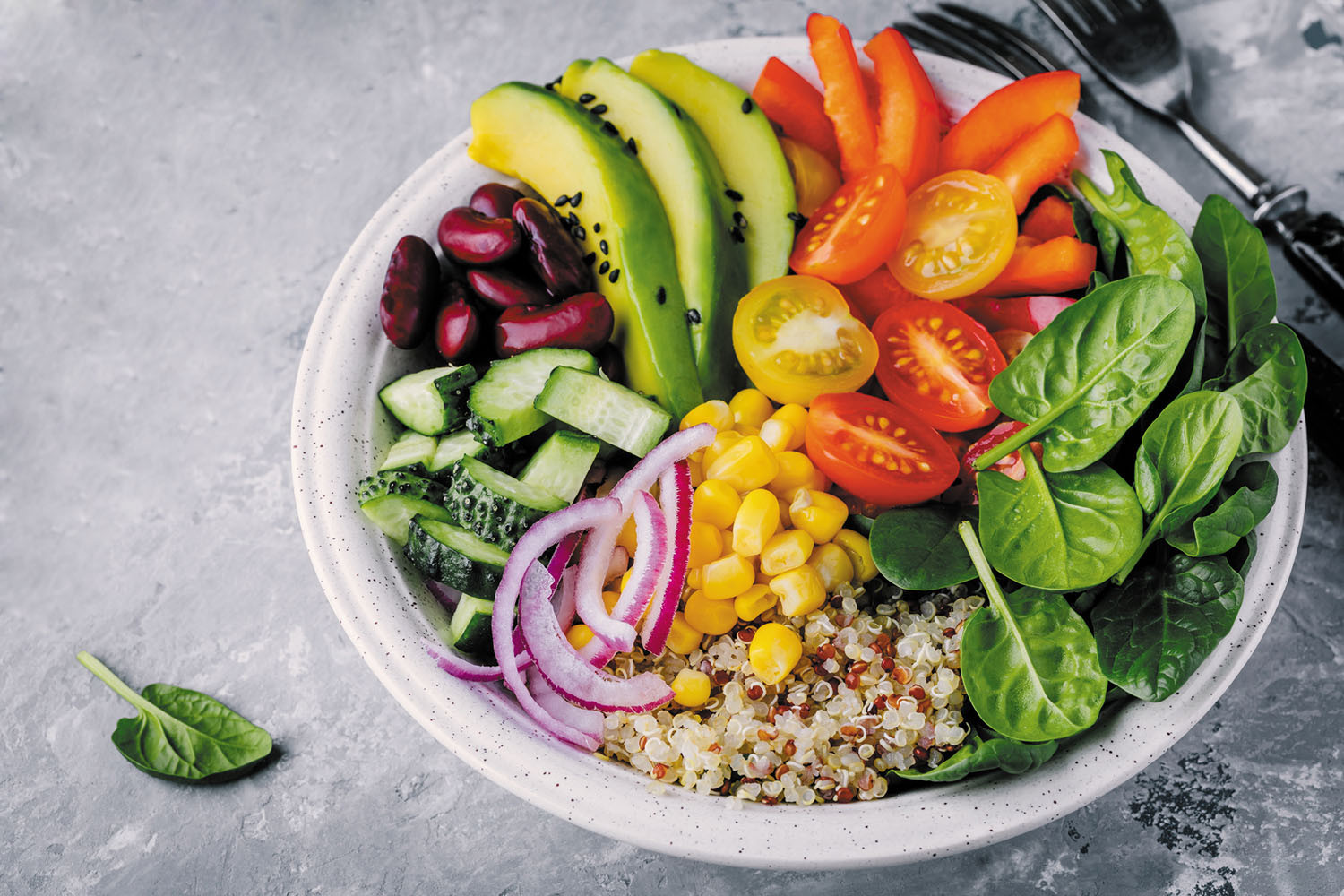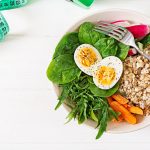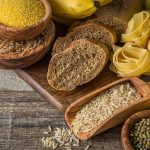After recovering from the coronavirus infection, it takes a toll on the body’s physical well-being in more than one way. Aside from physical health, the mental health of a person is also compromised. It is important to follow a proper, healthy lifestyle and take note of any alarming signals. Experts say that healthy eating combined with exercise is one of the best tools to deal with post-COVID weakness. From focusing on your diet to regular exercise, here are some tips for post COVID Recovery and care. These will help you become healthy in no time.
The general eating guideline includes consuming complex carbohydrates, fruits & vegetables, low-fat milk, proteins, nuts, and liquids. Highly recommended foods include spinach, green leafy vegetables, dry fruits like almonds, yogurts, and citrus fruits. Moreover, avoid processed foods and foods with hidden sugars like junk foods, beverages, juices, readymade shakes, etc.
Post COVID Care Guidelines
1. Small Frequent Meals
Work towards creating a healthy eating pattern. This includes having 4-5 small meals per day. This way your caloric intake is spread throughout the day and aids your body in utilizing it better. Choose your snacks carefully, make sure they are energy-rich foods like a peanut butter sandwich, a boiled egg, fruits, or nuts and seeds. All these are highly nutritious and will help you to restore strength and immune function.
2. Proteins
Post COVID management requires a diet high in protein and liquids. A high protein diet is important for the body’s process of rebuilding and strengthening cell immunity. It is said that a high protein diet will help an individual to gain an early recovery by stimulating muscle growth. Therefore, a high protein diet along with physical training results in improved strength over time. In case of the absence of chronic renal insufficiency, the recommended protein intake is up to 1.5g per kg of body weight per day. You can meet your protein intake criteria by introducing protein shakes and protein bars in your diet if it is difficult to do so by eating.
3. Hydration
In addition to a high protein diet, liquids are also highly recommended for a post COVID recovery. Especially those who had been using steroids are particularly advised to take a high intake of liquids. This is required to keep your body sufficiently hydrated. Having a drinking schedule can help you stay hydrated. Good examples of fluids include water, milkshakes, fresh juices, soups, etc.
4. Vitamin C
One of the functions of Vitamin C is to help keep your immune system healthy. Being a strong anti-oxidant, Vitamin C is generally related to improving your overall health. Foods rich in Vitamin C include citrus fruits, spinach, papaya, kiwi, tomato, mango, and strawberries. Moreover, Vitamin C is a water-soluble vitamin so you need to consume adequate amounts of this vitamin daily.
5. Vitamin D
Vitamin D is not only a vitamin but it also functions as a hormone and is closely involved with our immune system. Many studies have found a positive correlation between Vitamin D and better COVID outcomes. Sources of Vitamin D include sunshine, fatty fish, egg yolks, yogurt, mushrooms, etc. Above all, Sunlight is the best source of Vitamin D. Therefore it is important that you get sun exposure of 20 minutes for that dose of Vitamin D.
6.Calcium & Zinc
Calcium and zinc are also important nutrients that your body needs to sustain good health. You can obtain these two nutrients either through food or dietary supplements. Without a sufficient supply of zinc, our bodies would be unable to ward off infection or heal properly. Likewise, Calcium is important to maintain bone density. The recommended amount of calcium is 1000 mg to 1200 mg per day for optimum bone health.
7. After COVID Exercise
Exercise plays an important role in post COVID recovery stage and helps to improve our quality of life. It helps to strengthen our muscles and addresses muscle loss due to the illness. Walking, among other exercises, holds great importance. Doctors generally recommend their patients to walk as it improves overall conditioning. Walking for even 15 minutes has a positive impact on our physical and mental health. You can start off by walking for 5 minutes in the first week followed by walking for 10 minutes in the second week and for 15 minutes in the third week.
These were some general nutritional guidelines to ensure a post-COVID recovery and care. Consult your doctor before using any dietary supplements. Also, stay in touch with your physician if any new issues rise up in the post-recovery period.









